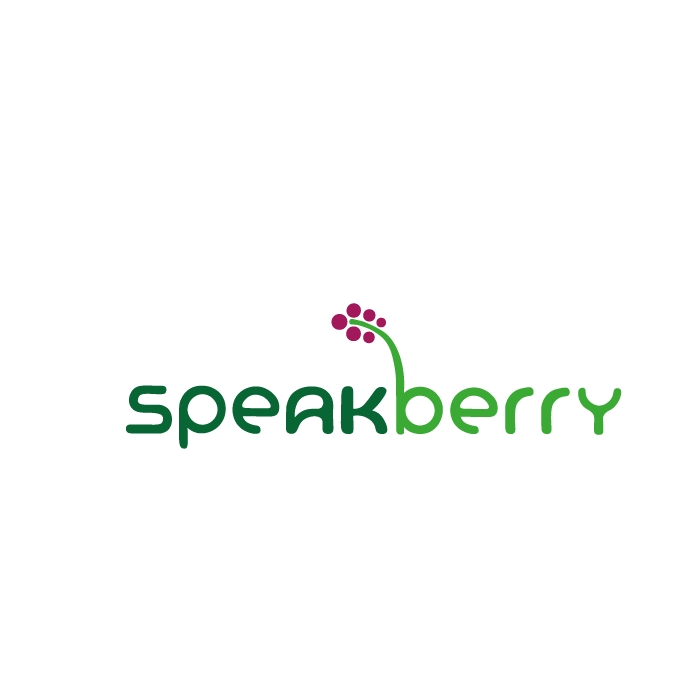5 daily habits to improve your english
Improving your English proficiency is a journey that requires dedication, practice, and the right strategies. For adult learners seeking personal and professional development, incorporating daily habits into your routine can significantly enhance your language skills. Here are five daily habits that can set you on the path to English mastery.
1. Immersive Reading
Selecting materials that interest you and match your proficiency level is crucial. Whether it's novels, newspapers, or online articles, ensure they are challenging enough to learn new words but not so difficult that you become discouraged.
As you read, highlight new vocabulary, summarize paragraphs, and ask questions about the content. This active engagement helps to improve comprehension and retention.
2. Practical Vocabulary Expansion
Instead of memorizing lists of words, learn new vocabulary through context. Encounter words in sentences and real-life situations to better understand their usage and nuances.
Language learning apps can be a great tool to systematically increase your vocabulary. They often use spaced repetition systems to ensure you remember words long-term.
3. Consistent Writing Practice
Writing in English every day, even if it's just a few sentences in a journal, can improve your writing skills and help you reflect on your progress.
Participating in English-speaking social media communities can provide informal writing practice and connect you with native speakers.
4. Listening and Pronunciation
Regularly listening to English podcasts, music, or watching movies can improve your listening skills and familiarize you with different accents and slang.
Repeat after speakers in audio materials or use pronunciation apps to practice and improve your accent.
5. Speaking and Interaction
Partnering with a language exchange partner can provide you with valuable speaking practice and cultural exchange.
Joining online speaking clubs or forums can offer you a platform to practice speaking and receive feedback from peers and language coaches.






Comments (0)